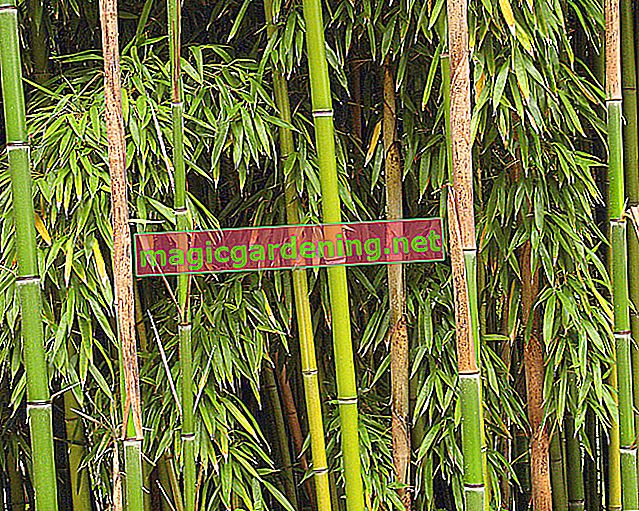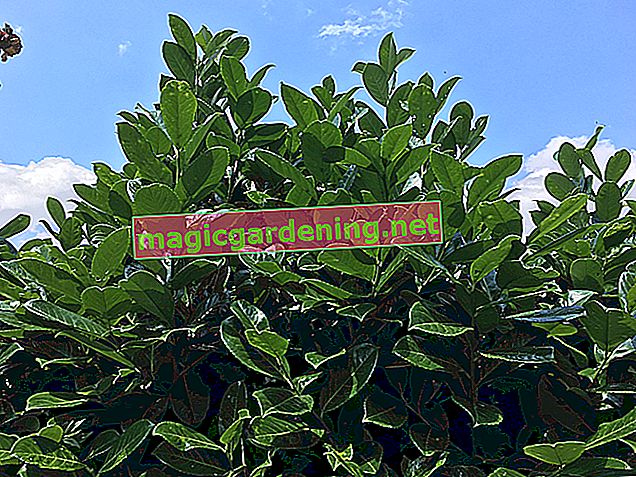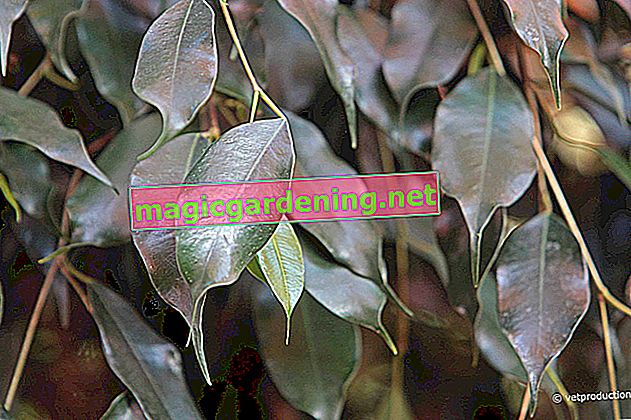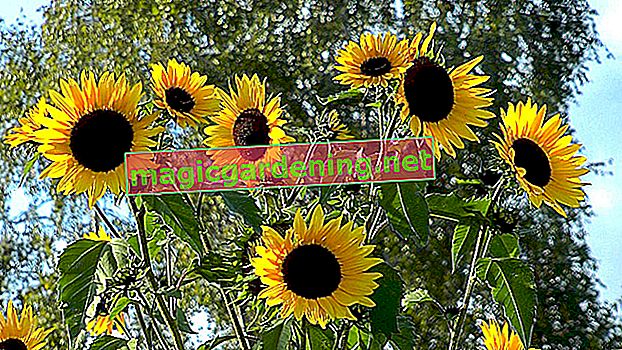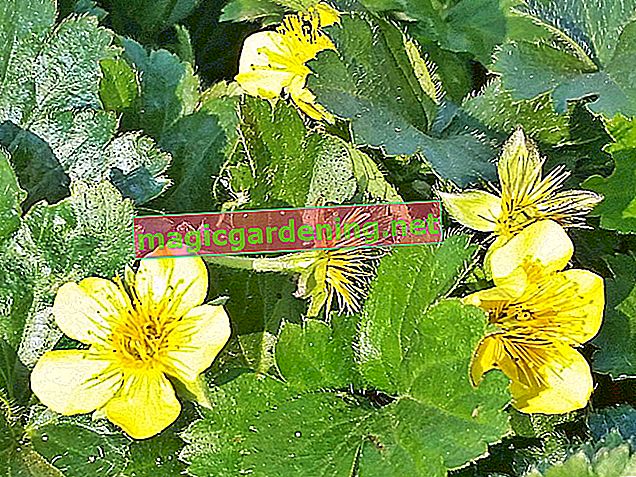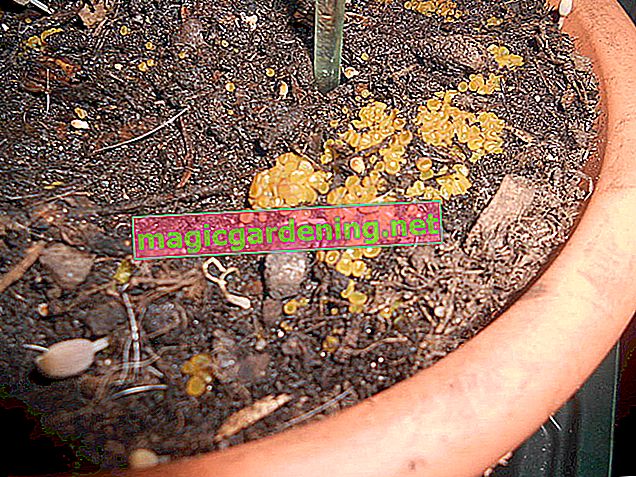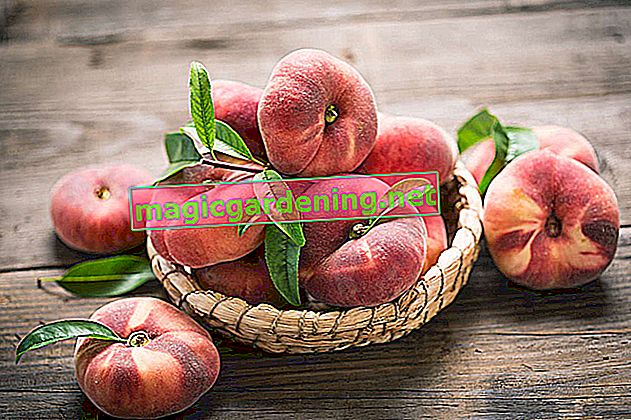
The rediscovery of the vineyard peach
The small-fruited vineyard peaches have been part of the landscape of many German wine-growing regions for centuries. In addition to the blood peaches, which are characterized by a red skin and red pulp, there are also white and red-fibered varieties. The cultivation of these specialized peach varieties declined sharply around the middle of the 20th century, but has been revived for several years for reasons of landscape conservation.
also read
- Red vineyard peach - an almost extinct rarity from the Moselle region
- Tradition from Andalusia: Olives of the "Hojiblanca" variety
- Juicy peaches from your own garden - peach season between July and August
Vineyard peaches need a lot of warmth
Through centuries of breeding, the native vineyard peaches such as B. the red vineyard peach adapted to the typical climatic conditions of the wine-growing areas. For this reason, such a peach will only thrive in one wine-growing region. Vineyard peaches
- need a lot of sun
- are extremely warmth-loving
- and need a protected location.
The flowers of this type of peach appear very early: the bright pink to dark pink flowers open as early as mid-March. At the same time, they are very sensitive to frost and freeze to death during night frosts. In contrast to the early beginning of flowering, the fruits ripen very late: Vineyard peaches are usually ready to eat in September at the earliest - some varieties even later. This is why this peach does not ripen in more northerly locations.
Strong, relatively small tree
Vineyard peach trees are strong, but they don't get very tall. For this they develop very fine branching as well as many flowers and thus also fruits. The peach is self-fruiting. The small to medium-sized fruits are - depending on the variety - green to bright red when ripe. Their shell is very firm and has thick hairs. The pulp is also firm. The peaches are aromatic, but significantly less sweet than is otherwise known from peaches. Vineyard peaches are suitable for fresh consumption (remove the skin beforehand!), But above all for making compotes, jams, fruit brandies or liqueurs.
Vineyard peaches need light soils
This peach variety only thrives in light, loose soils. Loess soils or sandy soils interspersed with humus are perfect for cultivation. In contrast, heavy, loamy soils are less suitable. Vineyard peaches have a very high nutritional requirement, especially nitrogen. Only annual grafts are planted because older young trees do not grow sufficiently or develop roots.
Tips & Tricks
Shortly before the peach harvest, you should let the tree “thirst”, ie reduce the watering. Too much water at this point will dilute the fruit and, with it, its taste.

